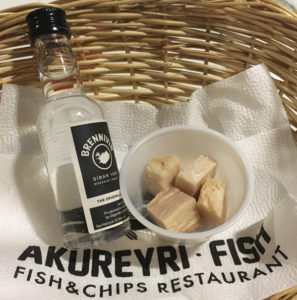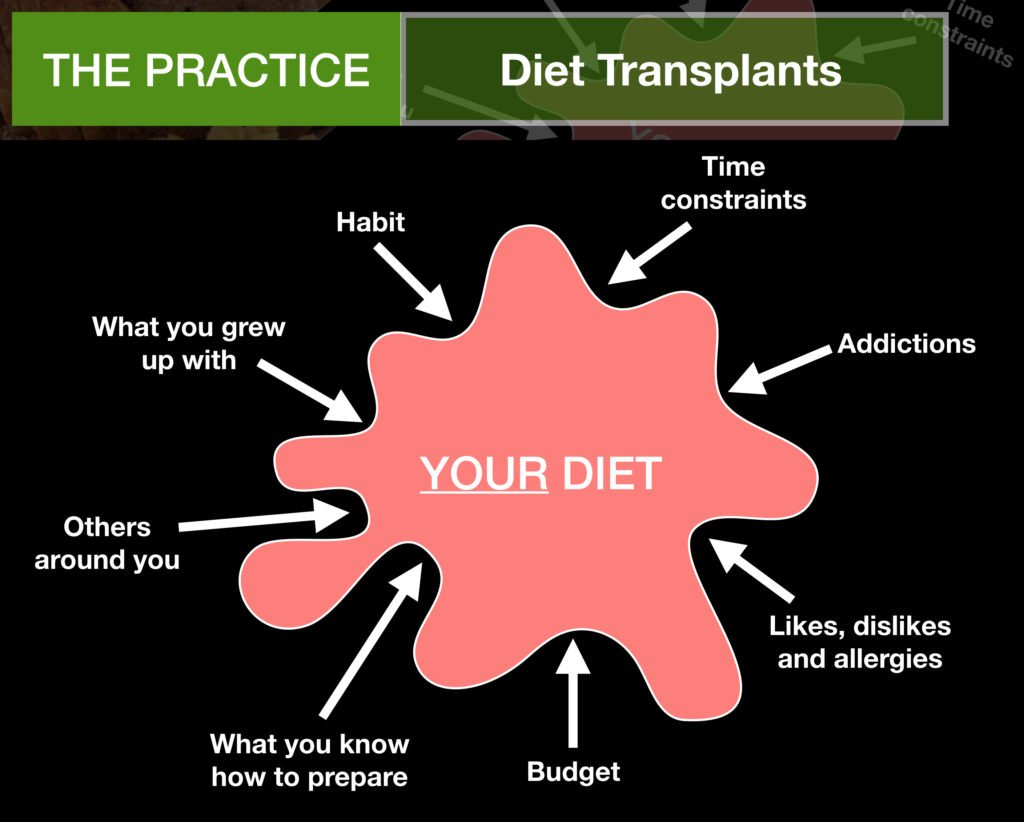
So much of my current reading on diet and nutrition is centred on the integrity and diversity of the gut bacteria. Research and latest thinking all point to this being a pivotal consideration in all aspects of our well-being. I have one, personal, anecdotal story that (in a non-statistically robust but satisfying way) adds to that debate.
Most of my life I have rarely suffered from colds; I have hardly every taken antibiotics. However two and a half years ago I badly cut my hand on glass whilst preparing for a photographic exhibition. This required surgery under a general anaesthetic but fortunately it has healed very well.
Following the surgery, I took a seven-day course of antibiotics. A general precaution against infection that I did not question at the time. My ignorance of the importance of my gut biome meant that I did not follow that with an intensive program of repopulating my gut bacteria
Two months later I contracted pneumonia.
With hindsight this was no coincidence. My friendly gut companions were living in harmony with me and then all of a sudden they were attacked by these post-surgery antibiotics and no longer could they offer me the immune system support I needed. This then laid me open to an infection to which I could not systemically respond and pneumonia resulted.
At the time of contracting the pneumonia I was on a trip to Iceland (a regular ‘second home’ for me) and once I was able to drag myself out of my sick-bed I strangely began to crave one of the local Icelandic delicacies – hákarl.
Those who have visited Iceland may well know this as Fermented Shark. Definitely an acquired taste. Post-pneumonia, I craved the ammonial after-taste from eating this delicacy as it cut through the sinus congestion in a way that nothing else could. In the local community of Ísafjörður, I became infamous as the mad Englishman seeking his daily fix of fermented shark.
But with what I now know about my gut biome, I realise that at that time of recovery, my body was also craving the fermented food to boost the trillions of bacteria in my gut. Fermented food needs to be a regular part of our diets to boost our biome and so subliminally I was craving what I my bacteria needed.
If we know how to listen our bodies tell us what we need. Whilst fermented shark may be a bit extreme, a bit of kefir, sauerkraut or yoghurt should be part of our daily dietary habits.


